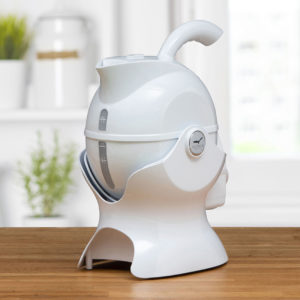Not too long ago, we wrote about respite care and how you, a Carer can get it. Two important steps involved are the needs assessment and the Carer’s assessment. Today we want to dive into the Carers assessment, understand what it is and help you best prepare for it.
The Carers Assessment:
A Carer’s assessment is free and anyone over 18 can ask for it. The assessment is there to see what might help to make your life easier. It could recommend things like:
- Respite Care
- Gym membership & exercise classes to help relieve stress
- Help with taxi fares if you don’t drive
- Training on how to lift safely
- Help with gardening and housework
- Connecting you with local support groups – having someone to talk to
- Offer advice about the benefits for Carers
What Happens In A Carers Assessment?
A representative from the council will be in contact (via phone or face-to-face) and they will ask how you are coping with caring. This includes how it can and has affected your physical and mental health, your work, free time, and relationships. The assessment is basically a chat and can last up to 1 hour. The following areas should be covered in the assessment:
- Your caring role
- Feelings & choices you have about caring
- Your health
- Your work
- What you enjoy doing to relax
- Plan in place for emergencies
- Other family commitments
- If you are willing or able to carry on in your caring role
*Remember: If any of these are not discussed make sure you bring them up. The assessment is based around presented needs (what you speak about) and if anything is left out, this could affect the type of support you receive.
What you will need for the Carers assessment:
- Your NHS number if you have one
- Doctor’s name (yours and the one you care for), address of surgery, and contact information
- Contact details of anyone who is going to be with you for the assessment
- Name, address, date of birth, and NHS number of the one you care for
- Your email address
Preparing for the Carers Assessment:
Be Open & Honest:
Be honest about your caring role and how it affects your life. Don’t try to put on a brave face, play down your responsibilities, or be optimistic. If you don’t spell it out for the assessor, you could miss out on valuable help and support.
Talk it Out:
It might be beneficial to talk things through with a friend or a family member before the assessment. It can be easy to forget something that we do religiously. Perhaps they see more of what you do and can help you note it for the discussion.
Keep a Diary Close:
A few days before the assessment, keep a note about the care you provide. Remember to add how it made you feel, where you may have issues or could do with the help. This will help you give the assessor a clearer picture.
You Know Best:
It might be a good idea to have helpful care and support options that you believe are needed for you and the one you care for written down and ready to be spoken about. You know what you need best.
What Happens Next?
Once the assessment is complete, you will receive word on whether you are eligible for support.
Eligible:
If you are deemed eligible, your local authority will offer support to meet your needs.
Not Eligible
If you don’t have eligible needs, then you should receive written confirmation explaining why this is. Don’t worry there are guides in place for challenging the local authorities decision and you can find them here













Leave a Comment